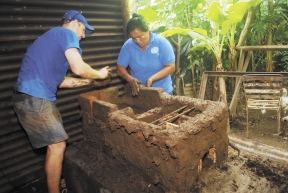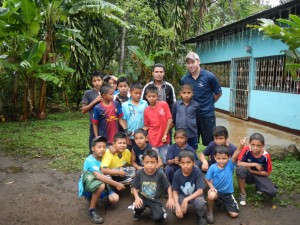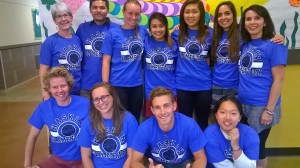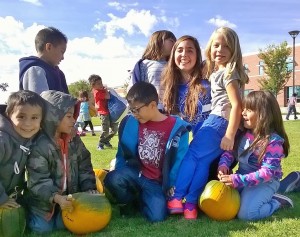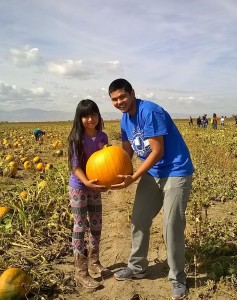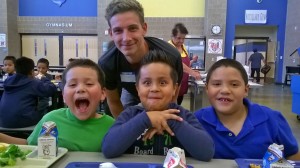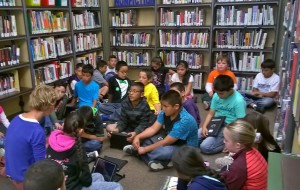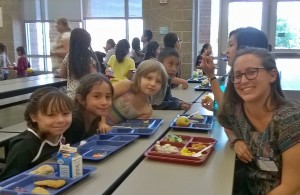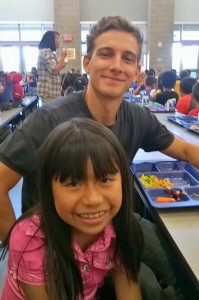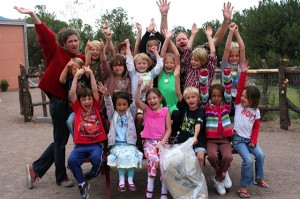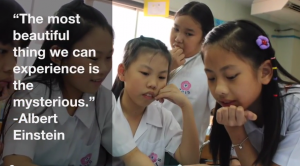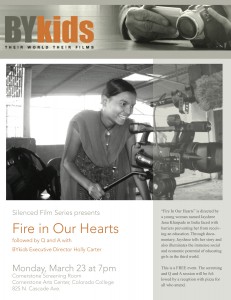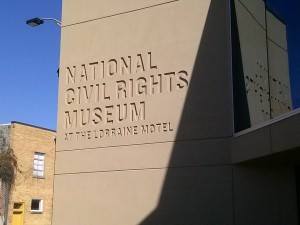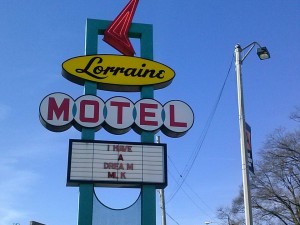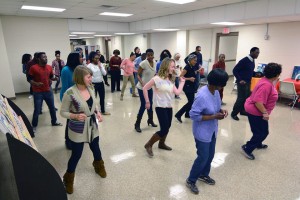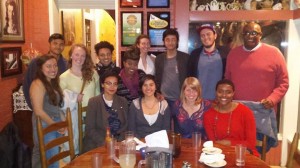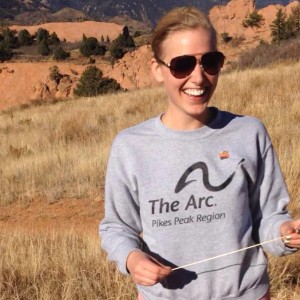After receiving his Bachelor’s Degree in Environmental Studies at Connecticut College, Tim Hoisington graduated with a Master of Arts in Teaching degree in secondary science from Colorado College in 2011.
While in the MAT program, Hoisington taught science and led multiple field trips at Carmel Middle School, an experience he believes most prepared him for his career in education.
Following graduation, Hoisington continued his teaching career while volunteering in the Peace Corps. Inspired by his eighth grade science teacher, Hoisington traveled to Nicaragua in 2012 to work with the Peace Corps in environmental education.
After improving his Spanish, Hoisington began his work in Diriomo, where he taught students in the third, fifth and sixth grade at two public schools: La Concepción and Rubén Darío de Diriomo.
Hoisington shared his materials and strategies with teachers and students, opening gateways into the realm of natural sciences, teaching students how to construct gardens and create organic fertilizer.
One of Hoisington’s most memorable experiences teaching in Nicaragua was during a unit on force, where students created their own bridges, and then tested how much force they could withstand.
“Many of the kids had never done a project where they had to create something using information they learned in class. The kids were super into it and I enjoyed seeing them have fun while applying important science concepts learned in class.”
Watch the students testing the strength of their bridges:
https://www.youtube.com/watch?v=hWCVcm8Ngfs
For Hoisington, teaching in Nicaragua has illuminated the importance of utilizing resources in education, and how an abundance of resources does not necessarily correlate with better teaching practices.
“I think a lot of times teachers can be distracted from content with all of the resources we have available. I think on the other side of the spectrum teachers that don’t have many resources don’t think they have the ability to implement dynamic classes. The reality is that if you have paper, pencils and tape you can do a whole lot with those resources.”
Aside from leading teacher trainings every month, teaching science classes, and helping community members and other volunteers to build fuel-efficient stoves and ovens, Hoisington also started a soccer league for boys in Nicaragua.
The link between philanthropy and sports development is one that Hoisington has continually explored over the past few years. Through multiple projects, he has spread values in leadership, health and community to youth through different athletic outlets and camps.
The camps are unique in the way they “bring together youth from diverse regions across Nicaragua to break down barriers and to promote a unified youth that can use their common understanding of the problems they face to instigate change together,” said Hoisington.
Click the link below to learn about a soccer camp Hoisington helped organize to raise HIV awareness: https://www.youtube.com/watch?v=9ldmtARiR2w
Moving forward, Hoisington hopes to continue working with sports development and philanthropy. Also, since learning Spanish, he is considering teaching English as a Second Language courses.

